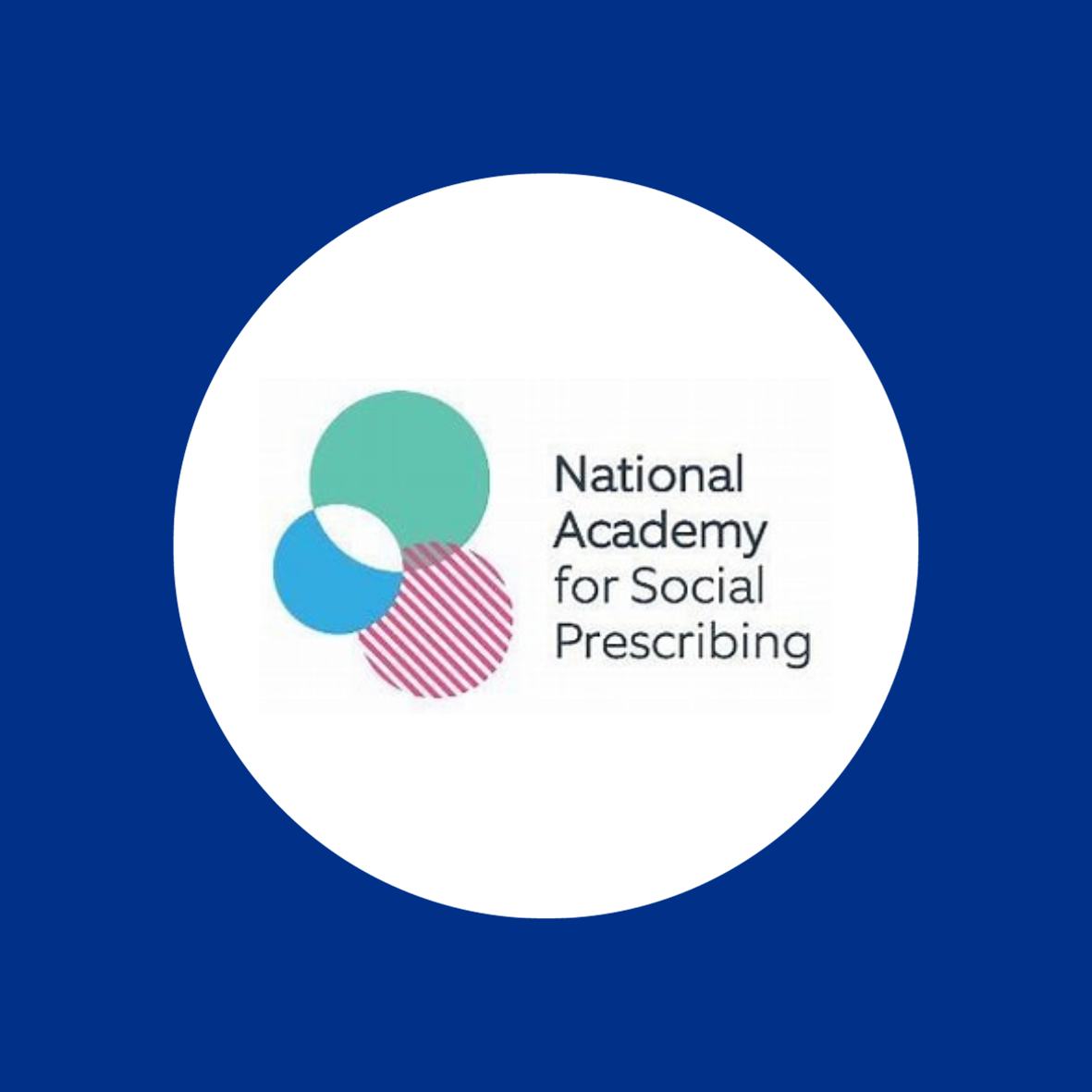Understand More About 'Social Prescribing'
How Can a Social Prescriber Help Me?
Many things affect your health and wellbeing. GPs tell us that a lot of people visit them feeling isolated or lonely. Or they might be stressed out by work, money and housing problems. Sometimes it’s the stress of managing different long-term conditions. That’s where 'Social Prescribing' comes in.
It starts with a conversation. It might be the conversation you’ve just had with your doctor. Or with another person in the practice team. They will refer you to a Social Prescriber. The Social Prescriber is there to listen to you, and put you in touch with the people and activities that might help you to feel better.
Your Social Prescriber might introduce you to
-
A community group
-
A new activity
-
A local club
-
Or they might help you find legal advice or debt counselling
-
They might just help you find information and guidance: a bit of inside knowledge on your situation or what local resources there are
-
They could even support you to create something new such as a gardening club, a fishing group, a ‘men’s shed’ or 'knit and knatter' group
What Can I Expect From an Appointment With a Social Prescriber?
During the first session with a social prescriber they will find out ‘what matters to you?’
It is an approach that connects you to activities, groups and services in your community. The aim is to meet the practical, social and emotional needs that affect your personal health and wellbeing.
Social prescribing is an approach that works particularly well for people who:
- Have one or more long term conditions
- Who need support with low level mental health issues
- Who are lonely or isolated
- Who have complex social needs which affect their wellbeing
Will I Need to See a Social Prescriber On a Regular Basis?
Appointments with a social prescriber can vary, depending on the situation. It could be:
-
Up to 6 face-to-face appointments
-
Or one or two phone calls if the issues are simpler to solve
Page created: 22 December 2023

